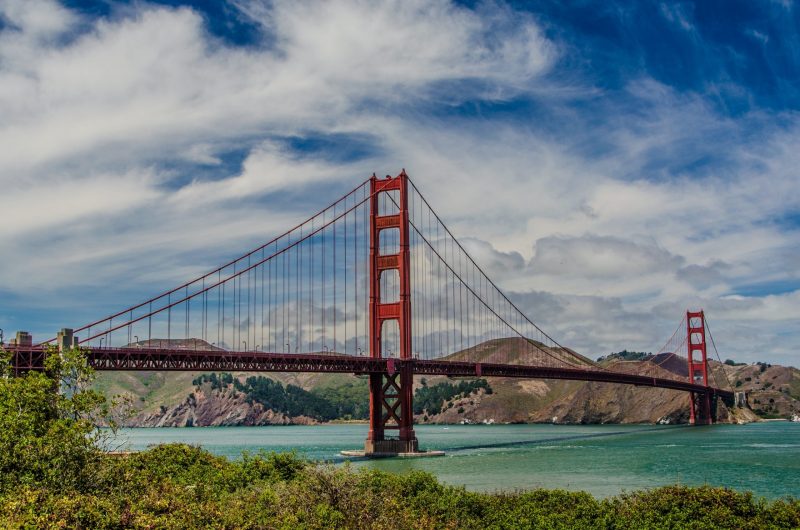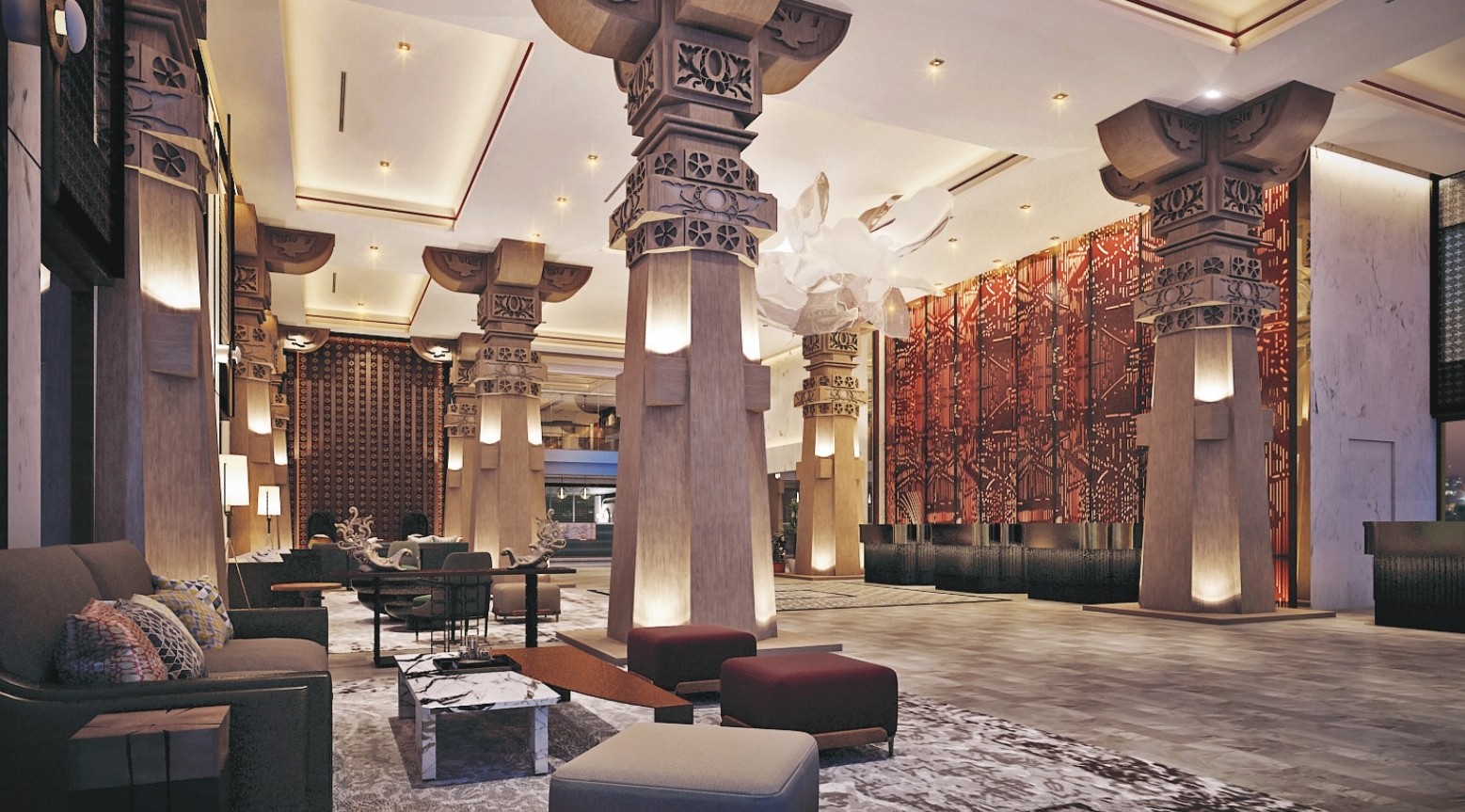In a bid to revitalise the nation’s economic landscape, Thailand’s Interior Minister, Anutin Charvirakul, has voiced openness to extending operating hours for entertainment venues until 4 am. This strategic move, designed to fortify the economy, was disclosed during Anutin’s recent tour of nightlife establishments along Khao San Road.
Emphasising the paramount need for public safety during these extended hours, Anutin outlined stringent measures, including the prohibition of alcohol sales to overly intoxicated patrons and strict bans on narcotics, weapons, underage entry, and drink driving.
Anutin underscored the potential economic advantages, citing increased monetary circulation, job creation, and enhanced income for taxi drivers as direct outcomes of extended operating hours. However, he stressed the importance of aligning any expansion with existing regulations and securing cooperation from all involved stakeholders.
Governor Sophon Suwannarat of Phuket reported successful adherence to regulations, especially with a considerable proportion of the nightlife crowd comprising foreign visitors. Nevertheless, Dr. Polathep Vichitkunakorn from the Centre for Alcohol Studies raised concerns, referencing studies linking prolonged alcohol sale hours to a potential uptick in harassment and crime. Dr. Vichitkunakorn urged the government to provide evidence that incidents like traffic accidents haven’t increased since the extension.
Presently, about 140 entertainment venues in Bangkok already operate until 4 am, primarily concentrated in areas such as Ratchadaphisek, Silom, and Royal City Avenue. Bangkok Governor Chadchart Sittipunt clarified that only authorized venues enjoy these extended hours.
The new policy, effective since December 15, encompasses select areas in Bangkok, Phuket, Chon Buri, Chiang Mai, Koh Samui, and registered hotels nationwide. In a bid to further boost tourism, the government has permitted venues to operate until 6 am on New Year’s Eve.
Operators are mandated to strictly adhere to the Entertainment Places Act and the Alcoholic Beverage Control Act. This includes implementing measures like blood alcohol level checks and arranging safe transportation for highly intoxicated customers.
Challenges and calls for policy reevaluation have emerged, particularly in Chiang Mai. Tanit Choomsang of the Chiang Mai Restaurant and Bistro Association argued that the extension predominantly benefits registered venues, leaving unregistered establishments to grapple with legal challenges. Choomsang stressed the need for Chiang Mai’s unique tourism focus on natural, cultural, and culinary attractions to be considered, allowing the city’s entertainment sector a chance to operate legally.
This progressive move towards extended operating hours in Thailand’s entertainment sector signifies a delicate equilibrium between fostering economic growth and upholding public safety and regulatory compliance. Sustained dialogue between government officials and industry stakeholders remains imperative to shape a pragmatic and inclusive strategy that propels the nation’s dynamic hospitality and nightlife sectors forward.






